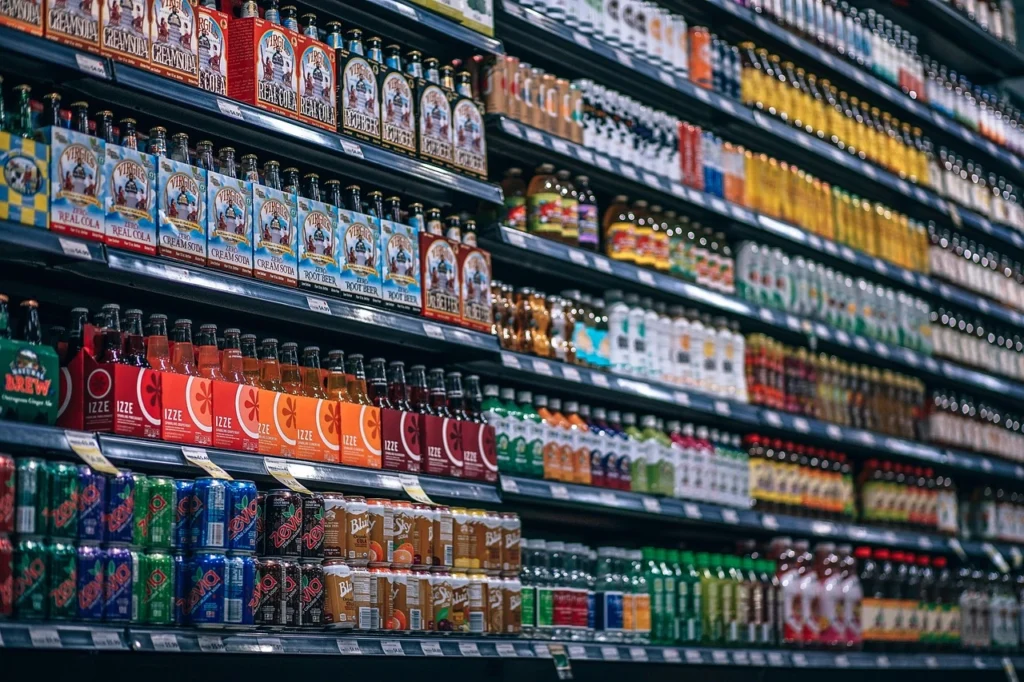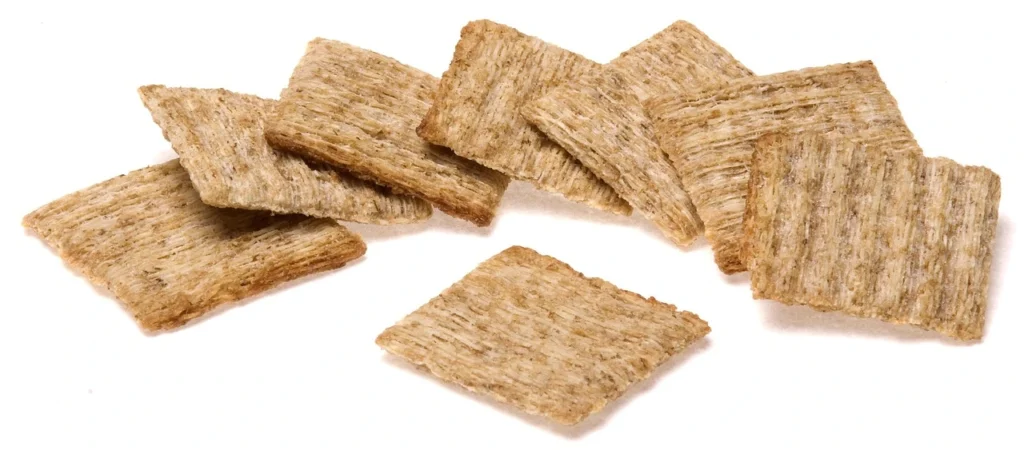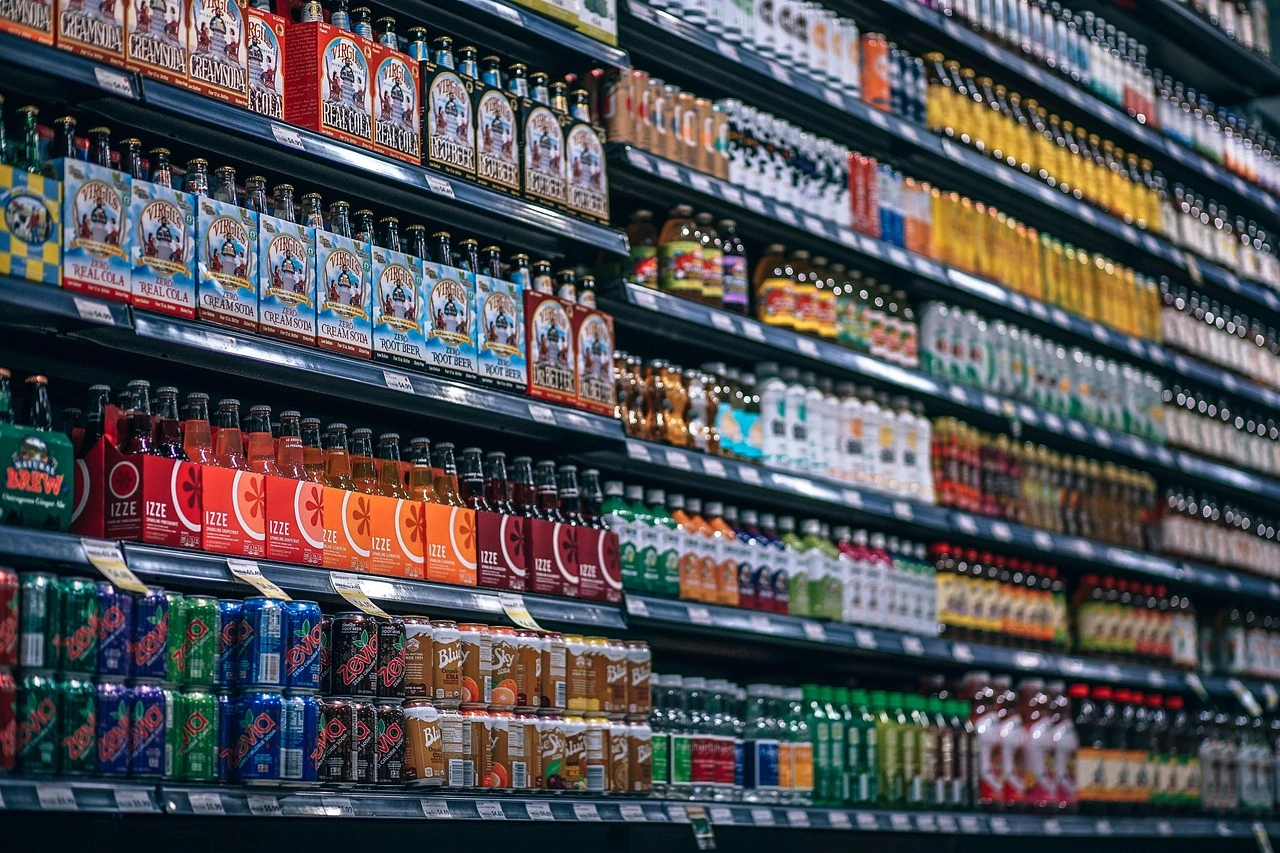Discover which American foods face bans abroad and why. Explore the additives, processing methods, or treatments that different countries restrict. Learn what items you can’t find outside the U.S. and understand global food standards. This guide is simple, informative, and perfect for curious reader
Why are some American foods banned in other countries?
Countries set different health and safety rules. They ban foods that contain ingredients linked to cancer, hormone issues, or other health risks. Some processing methods, like chlorine-washing chicken, also raise concerns. The U.S. allows many of these, but other nations decide they pose too much risk.
Globally, food laws vary. The European Union, Japan, Canada, and others test foods based on their own standards. If a food item breaks their rules, it’s not sold there. That’s why popular American foods become unavailable or get reformulated for foreign markets.

Which American snack contains BVO, and why is it banned?
Mountain Dew and Gatorade once contained brominated vegetable oil (BVO). BVO helps mix flavors in citrus drinks. But many countries linked it to memory loss, nerve damage, or thyroid issues.
Japan, the EU, and Norway banned BVO. U.S. brands like PepsiCo removed it after petitions and safety studies. Still, older products imported from the U.S. may legally contain BVO, making them restricted or confiscated abroad.
What about artificial dyes in cereals and candy?
Many American cereals and candies use artificial colors like Yellow 5, Yellow 6, Red 40, or Blue 1. These dyes are linked to hyperactivity in children and even carcinogenic concerns.
Examples:
- Froot Loops, Fruit Loops, Lucky Charms, Pop-Tarts, and Little Debbie Swiss Rolls use these dyes. They are banned or require warnings in the EU, Norway, Austria, Finland, France, and Japan.
- Skittles also contain Yellow 5, Yellow 6, Red 40, and titanium dioxide, a colorant banned in some nations like Austria and Norway.
Are preservatives like BHA and BHT a concern?
Yes. BHA and BHT help preserve flavor and shelf life in foods. But studies showed that high doses may increase cancer risk in animals.
They’re found in multiple U.S. foods:
- Stove Top stuffing, Wheat Thins, crackers, frozen dinners, and chewing gum.
These additives are banned in the EU, Japan, the UK, and other countries .

Why is American chicken banned in the EU?
U.S. poultry is often washed in chlorine or other disinfectants before packing. The EU banned this practice in 1997. They say it masks poor farm hygiene and risks chemical residue in meat.
Chlorine-washed chicken remains common in the U.S., but it’s not allowed in the EU or UK markets.
What about growth hormones and ractopamine in meat?
American meat sometimes includes growth enhancers:
- Ractopamine in pork.
- Hormones like rBST in dairy.
- Synthetic hormones in beef.
Over 160 countries, including China, Russia, the EU, Canada, and Taiwan, ban ractopamine in pork and beef.
rBST is banned in milk in Canada, Australia, New Zealand, Japan, and the EU.
Beef hormones remain a major trade dispute between the U.S. and the EU.

Can additives like azodicarbonamide and carrageenan be harmful?
Azodicarbonamide is a dough conditioner in breads and frozen dinners. The EU and Australia ban it due to possible cancer links in lab animals.
Carrageenan adds thickness to foods like Drumstick ice cream and chocolate milk. It’s banned or limited in baby foods in the EU, which cites digestive concerns.
Which common American brands are banned or restricted overseas?
- Coffee-Mate creamer: contains trans fats (partially hydrogenated oils) banned in EU, Switzerland, Norway, Denmark, Hungary, Iceland.
- Ritz crackers, Pillsbury biscuits: use trans fats or preservatives banned abroad.
- Drumstick frozen dessert with carrageenan .
- Froot Loops, Pop-Tarts, Lucky Charms, Frosted Flakes, Rice Krispies, Honey Bunches of Oats.
- American pork, milk, chicken, and beef with added chemicals or hormones.
How do countries handle these bans?
Nations enforce bans using border controls. UK Trading Standards seize candies, sodas, and snacks with banned ingredients.
EU requires warning labels for food dyes—unless they’re fully banned.
Countries use domestic health standards to decide what’s allowed or restricted.
What should consumers know?
- Read labels carefully, especially for colors, preservatives, and additives.
- Know regional food rules. What’s allowed in the U.S. may be restricted or labeled abroad.
- Be cautious with imported American snacks—they may contain banned ingredients.
- Many U.S. brands sell “global versions” without banned substances. Check the packaging if you’re outside the U.S.
Conclusion
American foods often include ingredients that other countries restrict or ban. Additives like BVO, artificial dyes, BHA/BHT, carrageenan, azodicarbonamide, and trans fats pose health concerns. Hormones in meat and chlorine washing in chicken also trigger bans. Understanding these differences helps you make safer food choices at home or abroad. As global standards change, companies adapt—so watch ingredient lists and label changes. Consumer awareness keeps markets honest and food safer worldwide.
FAQs
Which ingredient in Mountain Dew is banned overseas and why?
Mountain Dew often used brominated vegetable oil (BVO). Countries like Japan and the EU banned it because studies linked it to nerve damage, memory issues, and thyroid problems.
Are U.S. hormones in meat safe for humans?
U.S. regulators say hormones like rBST and ractopamine are safe at approved levels. But over 160 countries ban them due to concerns about animal welfare and long-term human impact.
Can I still get banned foods if I travel abroad?
Sometimes. Travelers may find small amounts of American snacks online or in specialty shops. But official retail rarely sells banned items. Seizures happen if they contain restricted additives.
